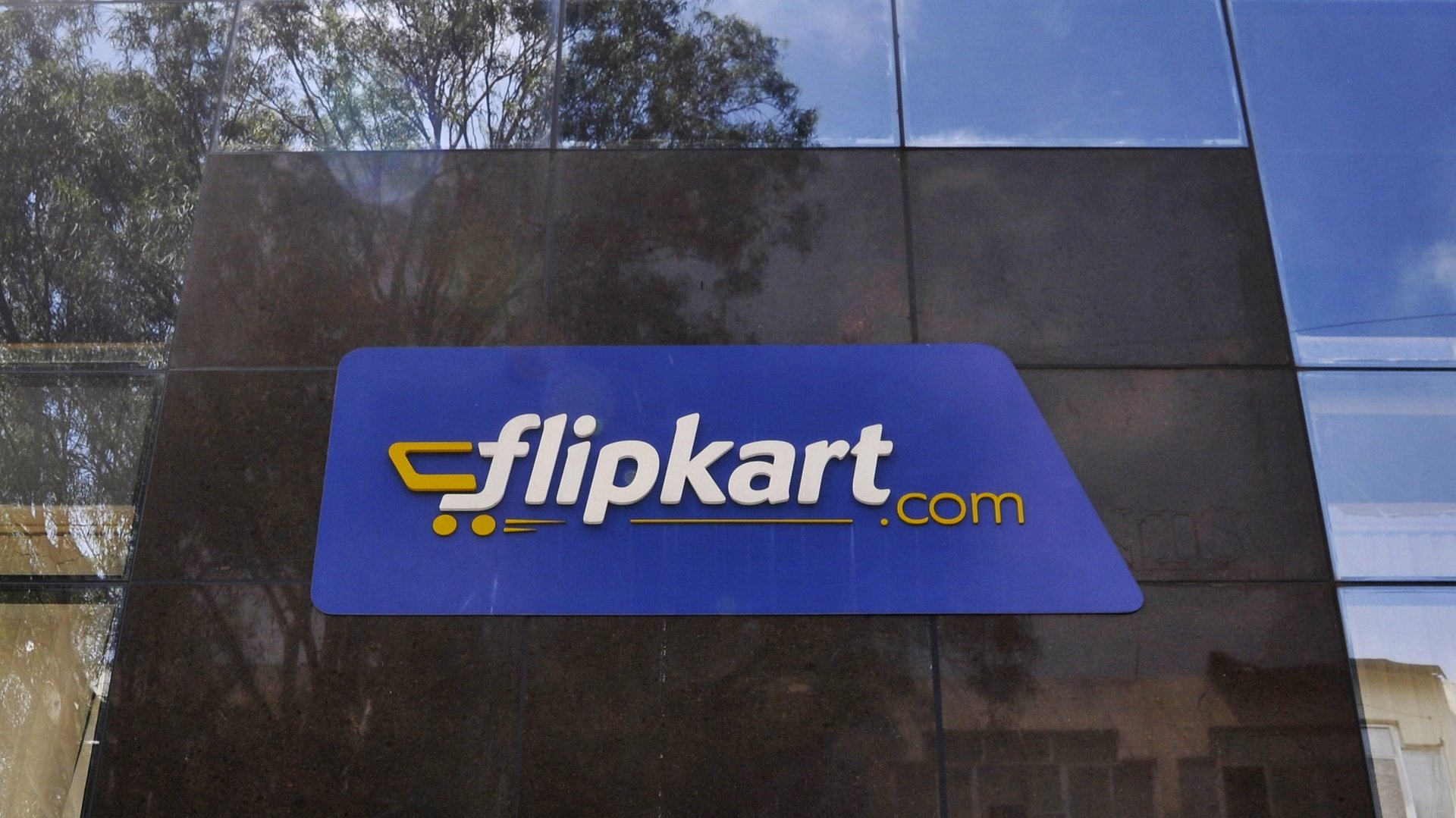Flipkart’s CEO shuffling marks a critical moment in the history of Indian startups
In an unprecedented development, India’s largest e-commerce company has appointed a non-founder as its CEO.


In an unprecedented development, India’s largest e-commerce company has appointed a non-founder as its CEO.
Late in the evening on Jan. 09, Flipkart sprung a surprise by naming Kalyan Krishnamurthy as its CEO. A former top executive at Flipkart’s largest shareholder, Tiger Global, Krishnamurthy joined the Bengaluru-based company just eight months ago.
This move makes Flipkart the only one among the eight Indian unicorns to have a non-founder CEO. Most of the country’s prominent technology startups continue to be headed by founders even as they grapple with slowing growth.
“This move will create a precedent for others to follow,” said Yugal Joshi, practice director at Texas-based management consulting firm Everest Group. “So far, people used to say that such things (replacing founders with external CEOs) do not happen in India. Now, one of the most prominent companies has a non-founder as its CEO, which means others have an example to follow.”
Letting go
It is a common practice in Silicon Valley for startups to hire CEOs with more experience than the company’s founders. In many cases, it has worked well for the company.
For example, in 2001, Google founders Larry Page and Sergey Brin stepped aside to bring in Eric Schmidt as CEO, just three years after starting the company. It was under Schmidt’s leadership that Google became the world’s third-largest technology company.
However, Indian entrepreneurs have not been too open to the idea of letting go.
Take for instance Infosys, one of India’s most successful technology companies. The Bengaluru-based firm was headed by one co-founder after another for over three decades, despite a steady decline in business growth. It was after 33 years of the company’s inception that, in 2014, Infosys finally brought in Vishal Sikka as CEO, who has now turned around its fortunes.
In May 2016, Punit Soni, a former top executive of Google and Flipkart, had questioned this nature of Indian startups.
“In the US, you’re either taught to become a great CEO or you’re asked to step out to get a professional chief on board. Tell me: In all the Indian unicorns, do you have any situation where the founder is not the CEO?” Soni told The Times of India.
“It’s not easy for Indian founders to let go of power and assets. Founders in India see their businesses as something they will pass down to their grandchildren. It’s a cultural issue that we see even in politics and movies,” said Harish HV, a partner at business consultancy firm Grant Thornton.
Leadership triangle
In Flipkart’s case, while Krishnamurthy will be responsible for operations and financial performance, the company’s co-founders are taking on new roles.
Outgoing CEO and co-founder Binny Bansal will now head a newly-formed entity called Flipkart Group, which will focus on new and high-growth businesses, manage capital allocation across group companies, and ensure that each business has a strong CEO in place.
Krishnamurthy, along with CEOs of fashion business Myntra (including Jabong) and payments arm PhonePe, will report to Bansal.
The other founder, Sachin Bansal, will continue to be Flipkart’s executive chairman, focusing on broader strategy and mentoring top leadership.
“It will be interesting to see how the power equation between the trio works. On the one hand, there are two founders with their passion for the company that they created, on the other is an investor who wants to make money,” Joshi of Everest said. “It’s not impossible to make the equation work, but it will be tough to manage, especially at a time when Flipkart is facing massive challenges from competitor Amazon.”
Flipkart did not respond to an email query.